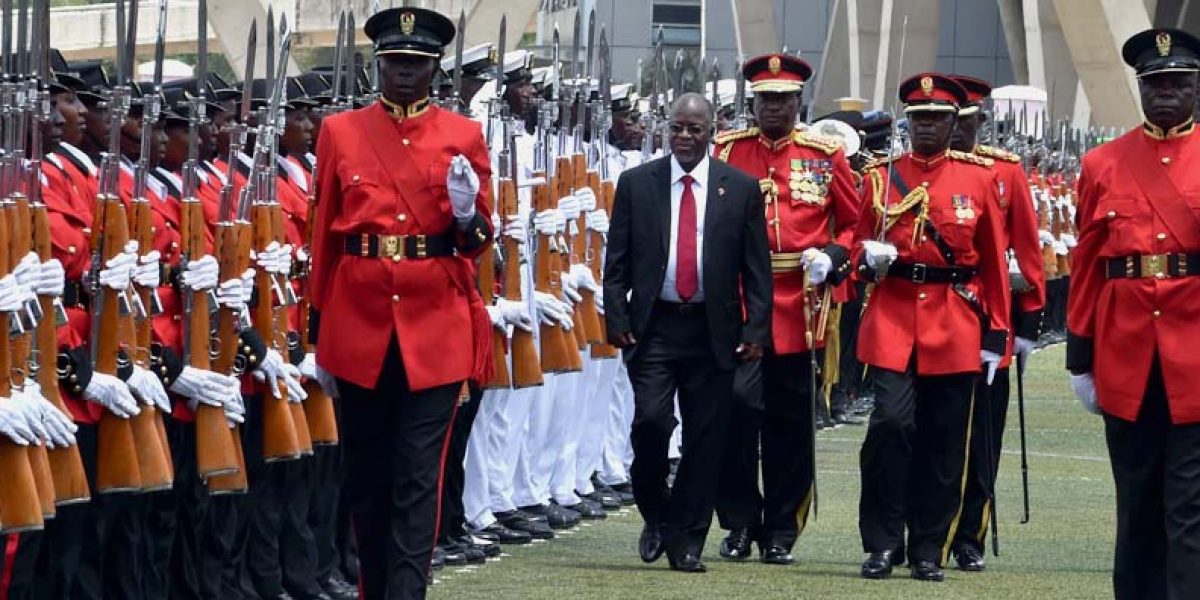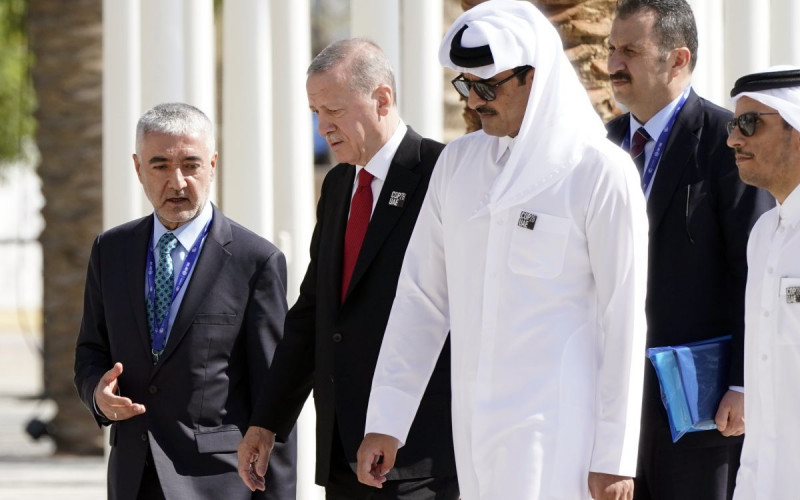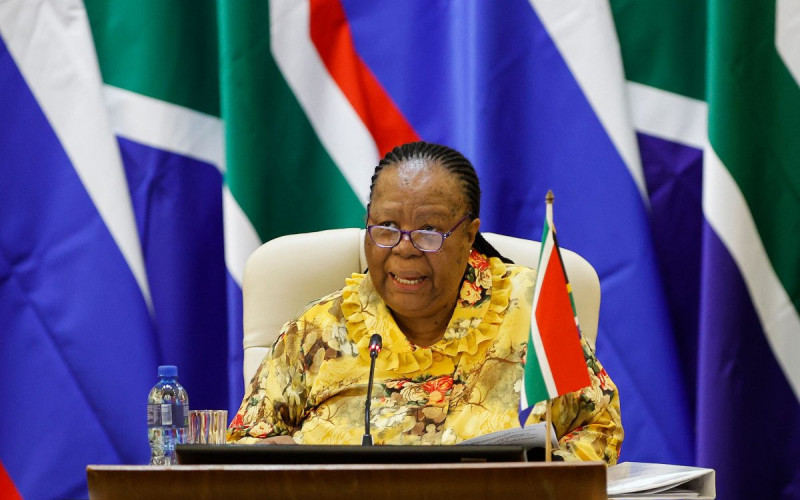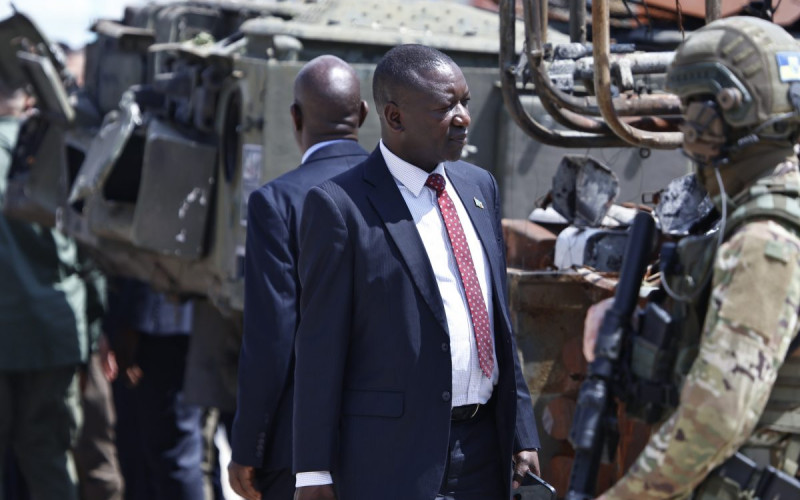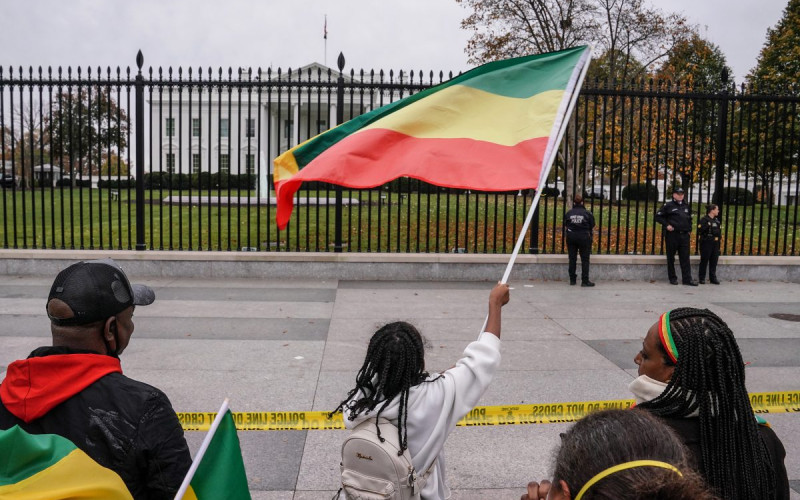His policies have a strong internal focus, including minimising his foreign travel to save costs and asking government officials to do the same. His skipping of summits, has however raised questions about Tanzania possibly missing out on important international opportunities. Ahead of a visit to Rwanda, President Magufuli said, “I don’t like travelling abroad because I am fond of saving and you can’t keep pace with other nations in equal footing in foreign relations while many issues inside your country are going astray.” The fundamental question then is: Can government prioritise domestic affairs but still have a president that engages meaningfully with the international community?
Taking over a country with crippling national debt, poor service delivery and widespread graft is no easy task. At the opening of parliament in November 2015, President Magufuli outlined the key priorities of the new administration. He announced government’s intention to revive the industrial sectors and recommitted to expanding access to and improving the quality of social services, enhancing the efficiency of the public service, and combatting corruption.The president also stipulated that the new government would continue to prioritise economic diplomacy and regional integration as its foreign policy priorities. Underscoring poverty reduction through job-creation as the most important objective for his government, he announced cost saving measures, including reducing expenditures on foreign travel and training.
Since his term began, President Magufuli has been true to his word, and has been selective about which high level meetings he participates in. He attended the 17th Ordinary Summit of the East African Community Heads of State held in Arusha on 2 March, the inauguration of Ugandan President, Yoweri Museveni in Kampala on 12 May and paid a maiden visit to President Paul Kagame of Rwanda on 6-7 April. But he skipped the January 2016 African Union (AU) Summit in Addis Ababa (and the one in July in Kigali), the United Nations Development Programme’s 70th Anniversary in New York in March, the World Economic Forum meetings in Davos in January and in Kigali in May, and recently the 6th Ordinary Summit of the heads of state and government of the International Conference on the Great Lakes Region (ICGLR) in Luanda on 14 June.
Tanzania was represented by either the vice president, Ms Samia Suluhu Hassan, or the Minister of Foreign Affairs, East Africa, Zonal and International Relations, Dr Augustine Mahiga at these events. This is an important signal that although the president is serious about implementing austerity measures, he is not necessarily disengaging Tanzania from important continental and global discussions and policy fora.
After eight months in office, Magufuli’s controversial cost-cutting mechanisms and the reduction of foreign travel are under the spotlight. Key stakeholders are beginning to question the ability of his administration to maintain Tanzania’s strong and visible international profile. Political analysts and academics such as Professor Gaudence Mpangala and Dr Kitojo Wetengere, point out that the president is right to concentrate on internal affairs, but they argue that his non-attendance may impact negatively on the country’s diplomatic ties. For instance, the president opted not to attend the 27th AU Summit from 17-18 July in Kigali, Rwanda. There, African Heads of State discussed and adopted this year’s AU agenda which mainly focuses on human rights and the empowerment of women. The Summit discussed the common market for Africa and unification of the continent commercially. Tanzania was represented by the vice president who was accompanied by the Minister of Foreign Affairs, and the Minister of State in the President’s Office from Zanzibar, Mr Issa Haji Ussi. The new government is focused on job-creation, poverty reduction and industrial development, hence this year’s AU Summit debate on the common market for Africa would have been crucial for Magufuli to seek diplomatic ties with neighbouring nations to find alternatives across borders.
Magufuli’s administration must be praised for focusing on domestic issues and cutting down expenditure. However, his non-attendance at key summits has been noted and is drawing criticism. It also raises questions about the political will of his government to build strong synergies between African priorities and Tanzania’s domestic political and economic agenda, engage internationally and build upon Tanzania’s existing positive international image. Hence, with porous African borders and the possibility of an African common market, can his goals of job-creation, poverty reduction and industrial development be achieved without the highest level of engagement with the international community?
Is the president forgoing important opportunities by not playing personally on the world stage? Magufuli’s administration would be well served to build upon the legacies created by Julius Nyerere and subsequent leaders marrying the domestic and international arenas to create a better Tanzania.

